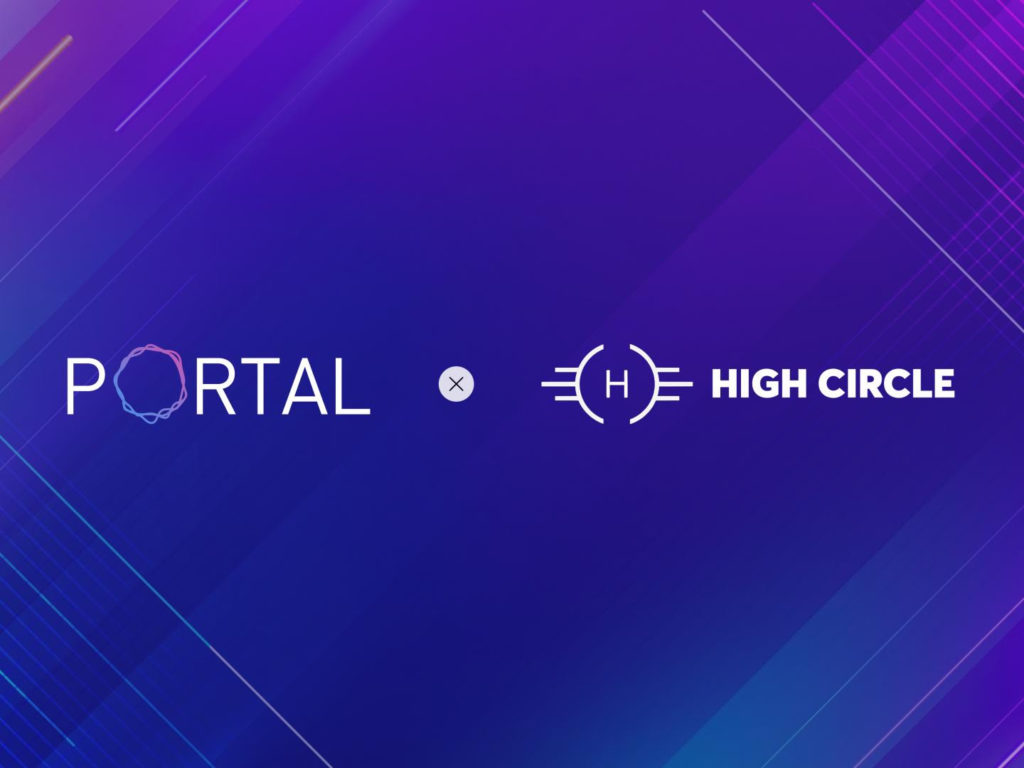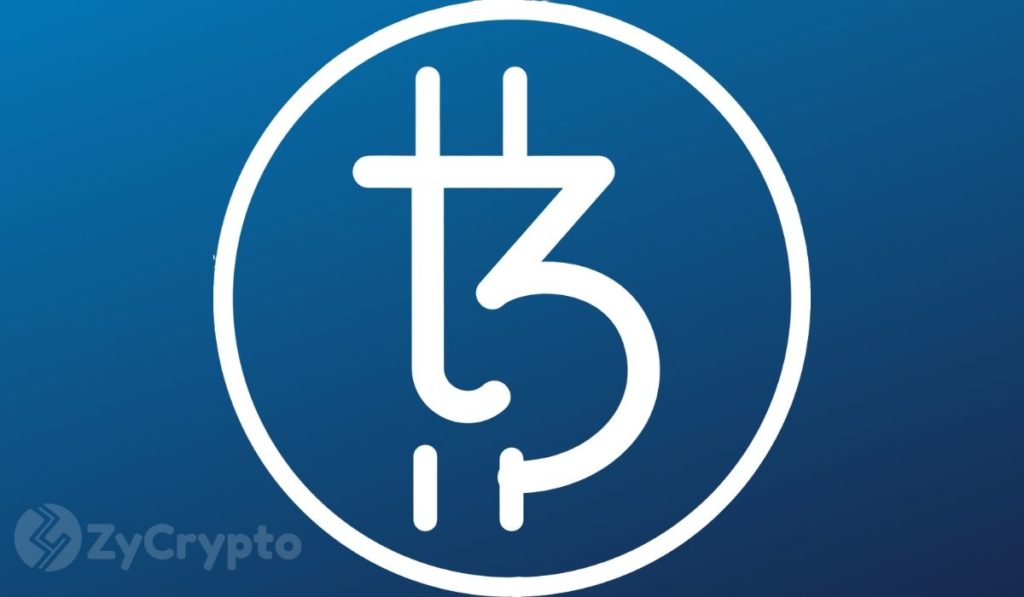
2020-1-28 23:58 |
Governments have long been wary of Bitcoin, while expressing admiration for its innovative ledger system. This trend can be traced back till 2014, when the “blockchain not bitcoin” mantra was coined. Six years on and that sentiment is being backed by action as governments and businesses the world over commission blockchain initiatives. Are these entities genuinely bullish on blockchain? Or are they simply trying to stay relevant and capitalize on tech trends?
Also read: US Tax Advisor Tells Crypto Customers to Self-Report on Taxes, Even If Imperfectly
National and Enterprise Blockchain Projects Are Stacking UpGlobal governments are falling over themselves to commission blockchain projects. Last week, the Canadian government awarded a contract for steel tracking onchain, and at Davos there was widespread talk of using blockchain for data collection and environmental solutions. “Most Davos experts seem to agree that blockchain tech is best used for data collection rather than self-sovereign finance,” read one media tweet from the event, prompting Neeraj Agrawal to retort “Experts agree blockchain tech is better for the thing no one has used it for rather than the only thing it’s been used for.”
Governments may envision vastly different use cases for blockchain than those favored by the crypto community, but they appear earnest in their desire to deploy distributed ledger technology. So too do the enterprises interested in utilizing and fostering blockchain adoption. In addition to the Canadian government inking a $130K deal for an onchain steel-tracking blockchain, the past week has seen Hyperledger launch a climate action special interest group dedicated to advancing DLT for governments and businesses to monitor emissions. Other entities to have recently gotten in on the blockchain game include Thailand, whose government is integrating blockchain technology into its new e-visa system.
Private Chains in the Public SectorLior Yaffe is the director and co-founder of Jelurida, a blockchain software company that maintains the Ardor and Nxt chains and develops enterprise solutions. In his view, government-favored “permissioned blockchain solutions alone cannot unleash the full potential of the technology since they ultimately depend on the good will of only a few parties.” Yaffe believes that broader blockchain adoption calls for the creation of “hybrid solutions where the main consensus engine is public and decentralized, while specific applications (for example child chains) can be permissioned for specific use cases by specific actors.”
There are good reasons why governments are commissioning permissioned blockchains as opposed to building on Bitcoin or Ethereum. The trustless nature of public ledgers, and the difficulty of enforcing KYC and AML are anathema to agencies seeking DLT solutions with compliance baked in. As Coindesk’s Davos newsletter observed, ““Crypto” and “bitcoin” are still dirty words but “blockchain” – its neutered cousin – has been fully assimilated” by the global elite. The question is whether government adoption of permissioned chains will serve as a gateway to ‘full fat’ crypto networks in time.
Is Blockchain the Gateway to Bitcoin?The main value proposition for permissioned blockchains, according to Lior Yaffe, is to enable “cooperation between third parties who do not trust each other.” He cites examples such as governments “using their power to force competitive corporate entities to cooperate using a single ledger not controlled by any single one of them for the benefit of their taxpayers” and envisions voting being another major use case, highlighting “shareholder voting to government internal vote tracking to city and even national elections,” adding:
But in order to get blockchain voting you also need to figure out identity, which is a very privacy sensitive application. For this to materialize we need stronger built-in privacy mechanisms such as zero knowledge proofs to become more mature and harder to misuse. Chains which support these functions will always become semi-public for people to be able to review and audit them. The more public and global blockchains become adopted [at government and enterprise level], the higher the trust they will earn that they cannot be manipulated.
As blockchain technology is tested at scale by government agencies, NGOs, banks, and other institutions, it will prove itself as a ledger whose data integrity can be trusted. Blockchain cannot verify the truthfulness of the information recorded on it, but it can show that the information hasn’t subsequently been tampered with. Whether that capability is enough to warrant governments and enterprises plunging headlong into blockchain can be debated. What’s less debatable is that the legitimization of Bitcoin’s underlying technology has created a world in which blockchain is no longer just a buzzword – it’s just a word – and where it’s not uncommon to find financial institutions running nodes for public and private chains.
“It’s not about the B word,” insists IMB Blockchain’s Jason Kelly. “It’s about outcomes. We’re talking about sharing data across a complex supply chain with accuracy and trust … Before long we won’t even say the B word. It’ll simply be the way we transact with trusted data.”
“”Before long we won’t even say [blockchain],” say the blockchain people at the blockchain companies,” riffed Matt Levine in Money Stuff. “I’m looking forward to it.”
Many of the blockchain pilot projects being commissioned by governments will fail to bear fruit. If their legacy is to normalize the technology, blurring the lines between private, public, and hybrid chains, and making Bitcoin appear less alien, those trials will not have been in vain.
Do you think governments are genuinely interested in blockchain, or are agencies just toying with the technology? Let us know in the comments section below.
Images courtesy of Shutterstock.
Did you know you can verify any unconfirmed Bitcoin transaction with our Bitcoin Block Explorer tool? Simply complete a Bitcoin address search to view it on the blockchain. Plus, visit our Bitcoin Charts to see what’s happening in the industry.
The post Governments and Enterprises Can’t Get Enough of Blockchain appeared first on Bitcoin News.
origin »Bitcoin price in Telegram @btc_price_every_hour
Bitcoin (BTC) на Currencies.ru
|
|














